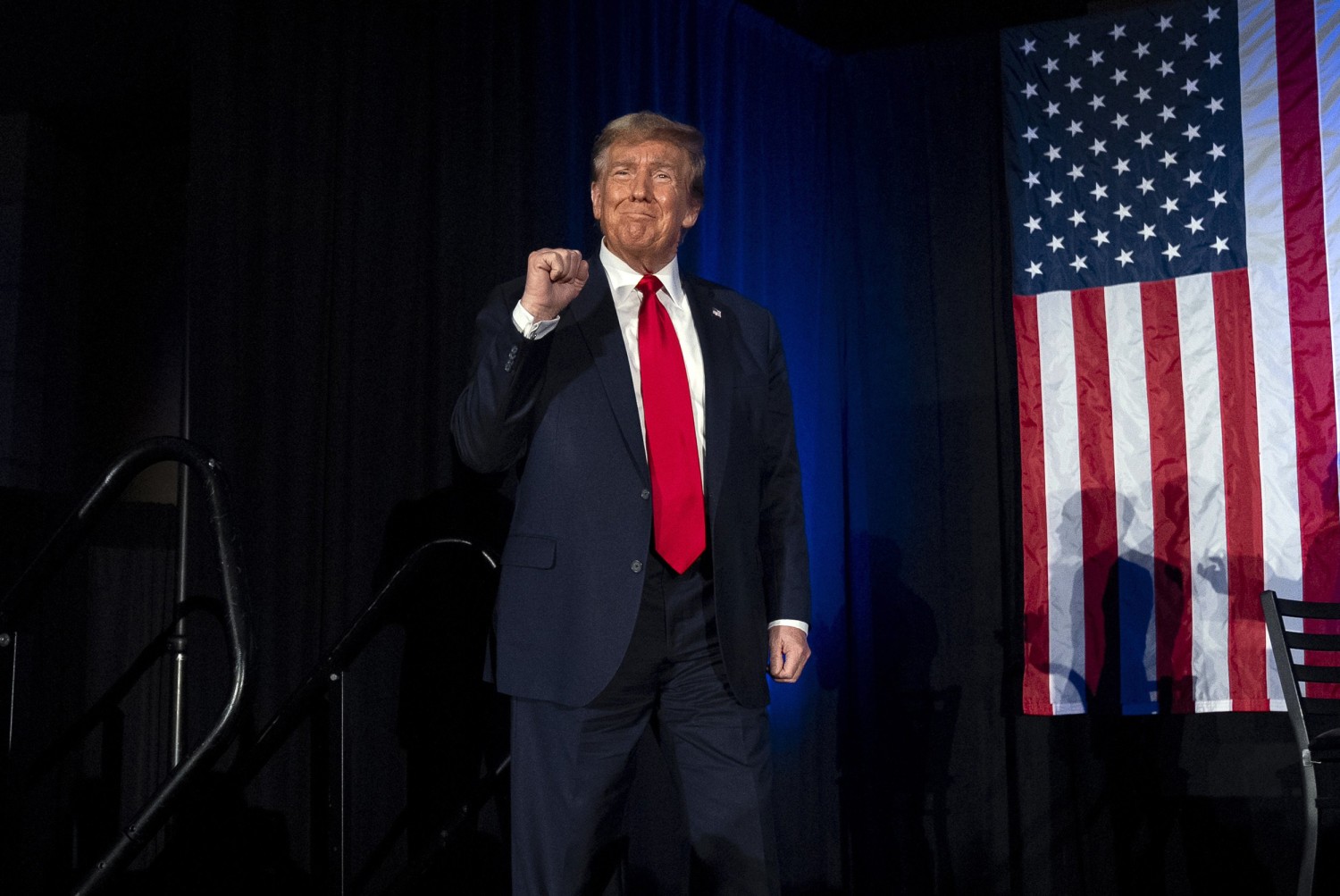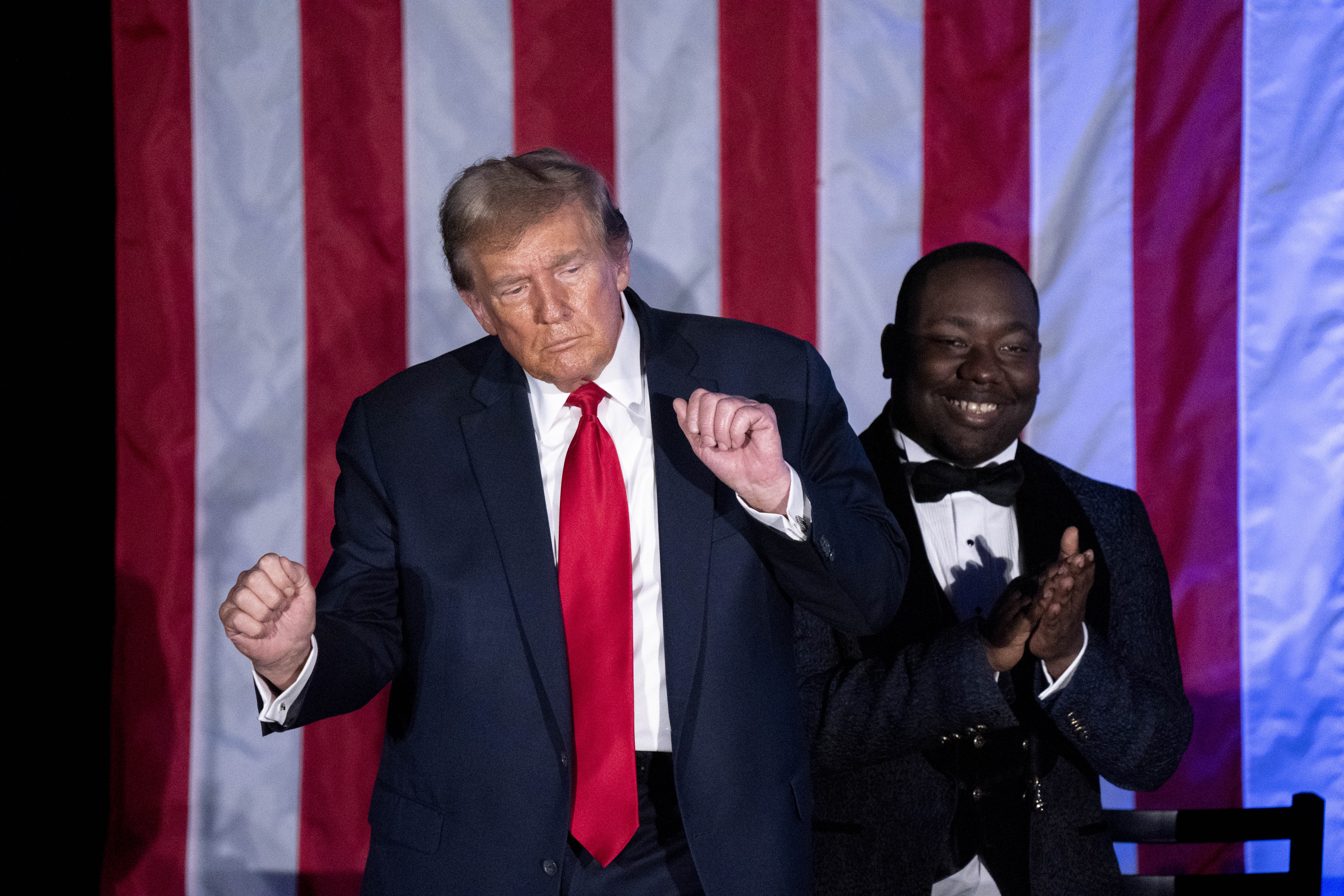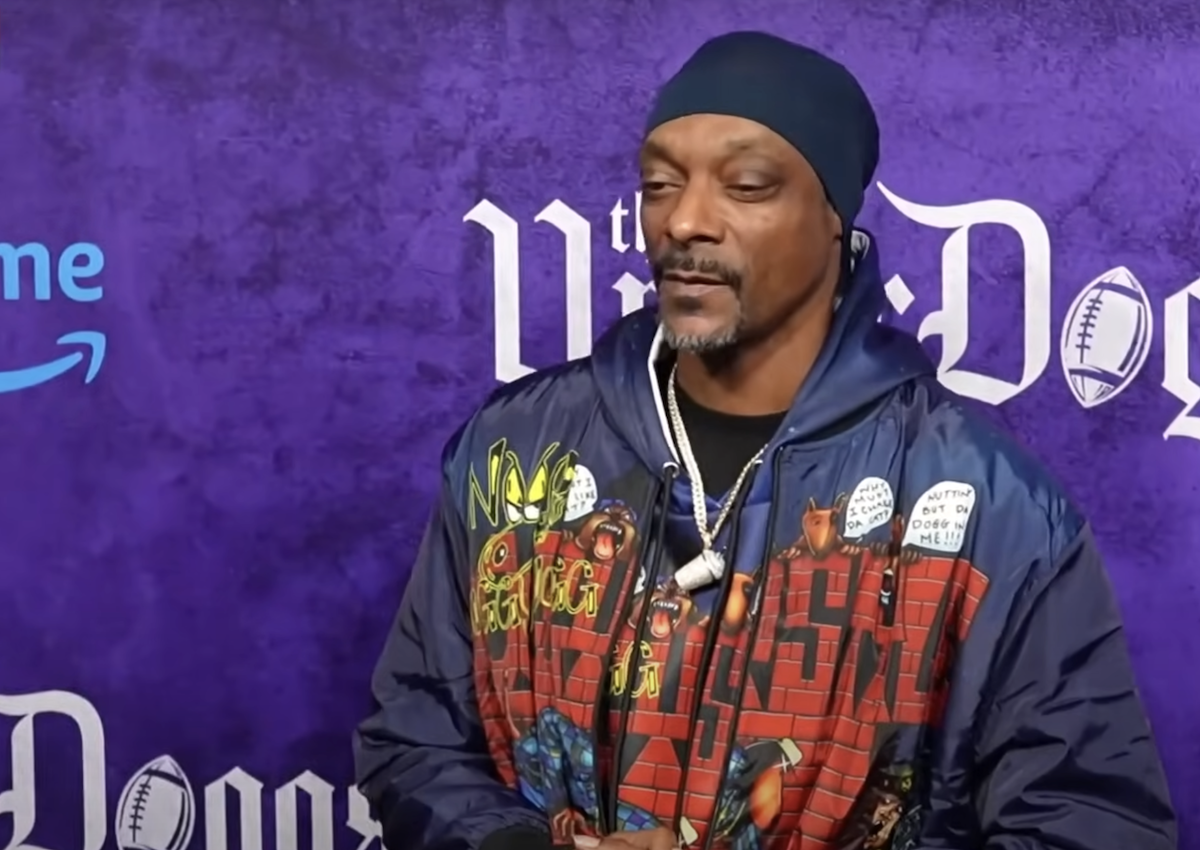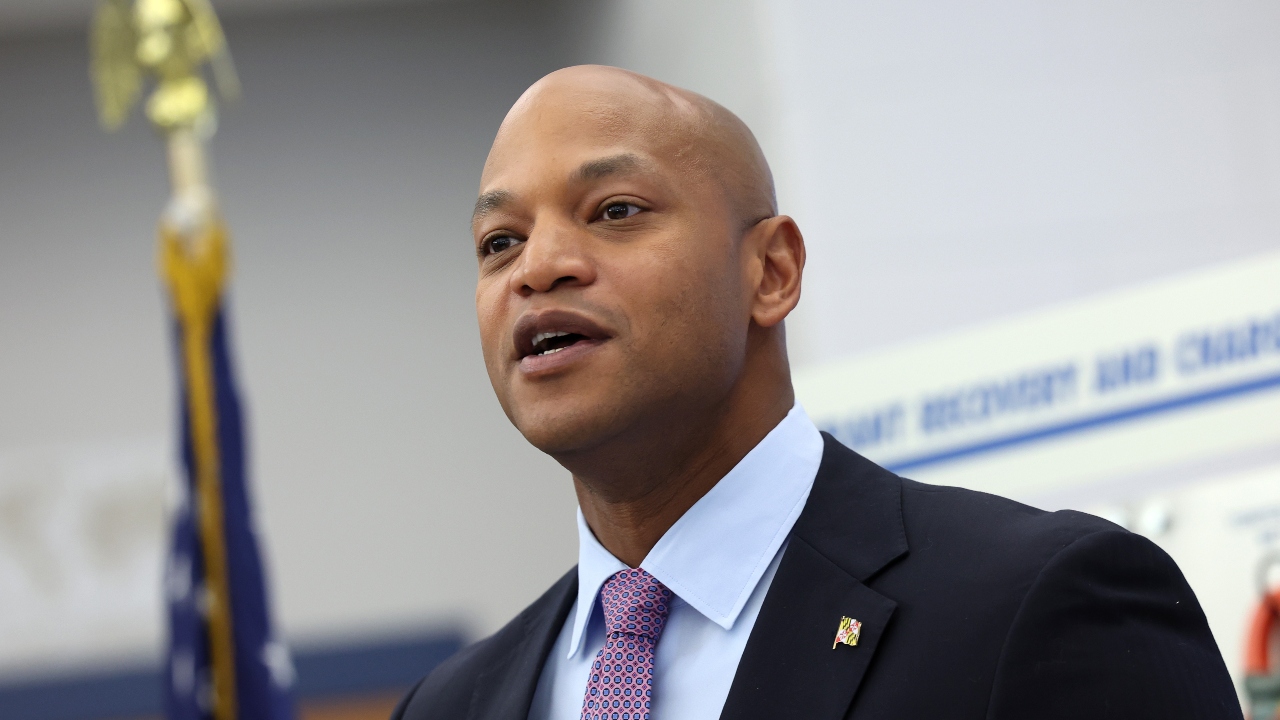- BlackVoter.Org
- Posts
- Blackvoter.org newsletter Issue #1
Blackvoter.org newsletter Issue #1
Empowering Awareness: Stay Grounded With The Blackvoter.org Newsletter!


In a recent speech at the Black Conservative Federation's annual gala, Donald Trump attempted to appeal to Black voters by making offensive and ridiculous claims. He compared his alleged criminal activities to the struggles faced by African Americans throughout history, claiming that Black people support him because they can relate to facing discrimination in the legal system.
Trump also claimed that he is being indicted for the Black population and that they have embraced his mug shot, even selling shirts with his image. These remarks are not only offensive but also assume that Black voters have short memories and will overlook Trump's long history of racist behavior.
From being sued for discrimination against Black tenants to promoting birther conspiracy theories, Trump has consistently displayed racist attitudes and actions. Instead of making a compelling pitch to Black voters, Trump has chosen to rely on offensive and insensitive rhetoric.

Democratic politician George Latimer, who is running against Rep. Jamaal Bowman in the primary for New York's 16th Congressional District, is facing criticism for his comments about Bowman and his representation of Black constituents.
At an event in January, Latimer listed numerous Black elected officials in Westchester County but did not mention Bowman, the area's first Black representative in Congress. Latimer's critics argue that his failure to acknowledge Bowman's role is evidence of a lack of support for his campaign.
Additionally, Latimer has been accused of accusing Bowman of receiving money from supporters of the militant group Hamas, a claim that Bowman's campaign has threatened to sue him over. Latimer maintains that he accused Bowman of receiving money from Hamas supporters, not the group itself.
The comments have raised questions about Latimer's racial sensitivity and could make it harder for him to win over Black voters.

Former President Donald Trump has faced criticism after suggesting that he could relate to the generations of racism that Black people have experienced in the US legal system due to the four criminal indictments brought against him. The remarks were made at an event in South Carolina and prompted backlash for being insensitive and out of touch.
Antjuan Seawright, a Democratic strategist, described Trump's comments as the "caucasity of him" and accused him of speaking to Black voters in a way that would have been deemed appropriate in 1964 but not in 2024. Trump's remarks were sharply criticized by the 2024 re-election campaign for President Joe Biden and Vice President Kamala Harris, with Jasmine Harris, the director of Black media for the Biden-Harris campaign, calling Trump the "poster boy for modern racism".
Critics argued that Trump's attempt to compare his criminal indictments to the plight of Black Americans was insulting and showed a lack of understanding of the systemic racial injustices faced by Black people in the US.

A recent CNN segment criticized black voters who are supporting Donald Trump, dubbing them "ignorant enough" to fall for his rhetoric. The commentators offered no explanation for why these voters are leaving Joe Biden.
While it's not a new argument for Democrats to accuse Republican opponents of being racist, even if they are black themselves, it has taken on a new tone as black voters are expressing interest in supporting Trump. CNN and other media outlets are suggesting, without evidence, that Republican attempts to appeal to black voters are actually intended to appeal to white voters and build resentment.
Furthermore, the segment claimed that there is an online influence campaign, potentially from foreign sources, aimed at depressing and splitting black voters. This conspiracy theory has echoes of the "foreign memes" campaign from 2016-2020, but fails to acknowledge legitimate concerns and opinions expressed by black voters themselves.

In this article, the author explores the history and significance of the 15th Amendment to the United States Constitution. The amendment, adopted in 1870, granted the right to vote to all citizens regardless of "race, color, or previous condition of servitude.
" The author highlights the context in which this amendment was passed, including the polarizing effects of the Civil War and the ongoing prevalence of racism in American society. He notes that while some white Americans were ready to emancipate enslaved blacks, they were not yet convinced that they should have the same rights as whites.
The article also discusses the political opposition and debates surrounding the 15th Amendment at the time. Overall, the author provides a historical perspective on the amendment and its impact on American politics and race relations.

Former President Donald Trump claimed that his multiple criminal indictments have actually boosted his support among Black Americans during a speech at the Black Conservative Federation's Annual BCF Honors Gala in South Carolina. According to Trump, Black voters see him as a victim of discrimination and, therefore, empathize with him.
He argued that the criminal charges against him amounted to political persecution, despite there being no evidence that President Joe Biden or White House officials influenced the charges. Trump's campaign has predicted that he can win over more Black voters in the upcoming election, citing Biden's declining approval among Black adults and potential advantages for Trump on economic issues and border security.
However, only 25% of Black Americans viewed Trump favorably in a recent poll, and critics have called his claims insulting and racist.

Eric Mays, a Flint City Councilman known for his passionate support of residents during the Flint water crisis and his TikTok presence, has passed away at the age of 65. Mays, who was first elected to the council in 2013, was one of the first public officials to voice concerns about the crisis, becoming an unwavering advocate for the residents.
During council meetings, Mays often clashed with other board members, leading to his suspension from the council in December 2023. Despite his controversial behavior, Mays garnered a large following on TikTok with over 220,000 followers who appreciated his unfiltered advocacy for Flint residents.
Friends and supporters remember Mays as a passionate fighter who was devoted to public service and who brought important issues to the forefront.

Democratic governors are taking a stand to protect Black history and books in the face of conservative efforts to ban literature and curriculums on African-American experiences. While Republican governors and conservative-led school boards argue that these resources indoctrinate and harm children, critics argue that these bans perpetuate anti-Blackness and racial inequality.
In contrast, Democratic governors have used their executive authority to promote access to Black history education and protect books on race. For example, Maryland Governor Wes Moore declared 2024 as his state's "Year of Civil Rights" and urged Marylanders to protect and practice their history.
Other Democratic governors have signed legislation prohibiting book bans and expanding African-American studies courses. Some grassroots leaders, such as the African American Policy Forum and People For the American Way, are also fighting against censorship and promoting the teaching of Black history.
These efforts are crucial for upholding the value of education and democracy in the United States.

The race for North Carolina governor is heating up, and one of the main challenges for candidate Josh Stein is winning over Black voters within his own party. Stein faces four Black Democrats in the primary and will likely face off against Mark Robinson, a Black Republican, in the general election.
While Stein has been endorsed by the party's establishment and currently leads in the polls, his lack of support among Black voters could be a problem. Black voters are a crucial constituency for the Democratic Party, and their turnout and support will be essential for Stein's success.
However, some Black voters feel that the party takes them for granted and are disillusioned with the party's leaders. Additionally, Robinson's focus on social issues and his identity as a Black candidate may appeal to churchgoing, culturally conservative Black voters.
Stein's campaign will need to work hard to win over these voters and ensure strong turnout in November.

The Congressional Black Caucus (CBC) is facing tensions and divisions as a new generation of Black progressive candidates challenge the old guard. The new insurgents, such as Cori Bush and Jamaal Bowman, have been making waves by running grassroots campaigns and advocating for bold policy changes to address racial inequality.
However, they face pushback from established CBC members who have received corporate donations and have more moderate voting records. The CBC, with its 54 members, holds significant power within the House of Representatives, but the progressive newcomers are seeking to push the Caucus to be more bold and responsive to the issues facing African Americans.
The division within the CBC reflects a broader struggle within the Democratic Party between progressive and moderate forces. Ultimately, the future of the CBC and its ability to address the needs of the Black community will depend on how well its members navigate these divisions and work towards common goals.

Black History Month was celebrated in the nation's capital with both Democrats and Republicans hosting events to highlight their commitment to Black voters ahead of the November election. The Biden administration hosted a gala at the White House, where Vice President Kamala Harris made a surprise appearance and praised the administration's efforts to support Black communities.
Meanwhile, Republicans held a reception in Washington's U Street neighborhood to celebrate former GOP officials and activists who have engaged Black voters. Democrats are spotlighting Biden's support from civil rights leaders and criticizing Republicans for enacting policies restricting the teaching of race and history in schools.
Republicans, on the other hand, see an opportunity to win over more Black voters and are optimistic about their chances since making slight inroads in the 2022 midterm elections. However, they risk mobilizing Black voters against the GOP with their focus on education policies that many see as harmful.